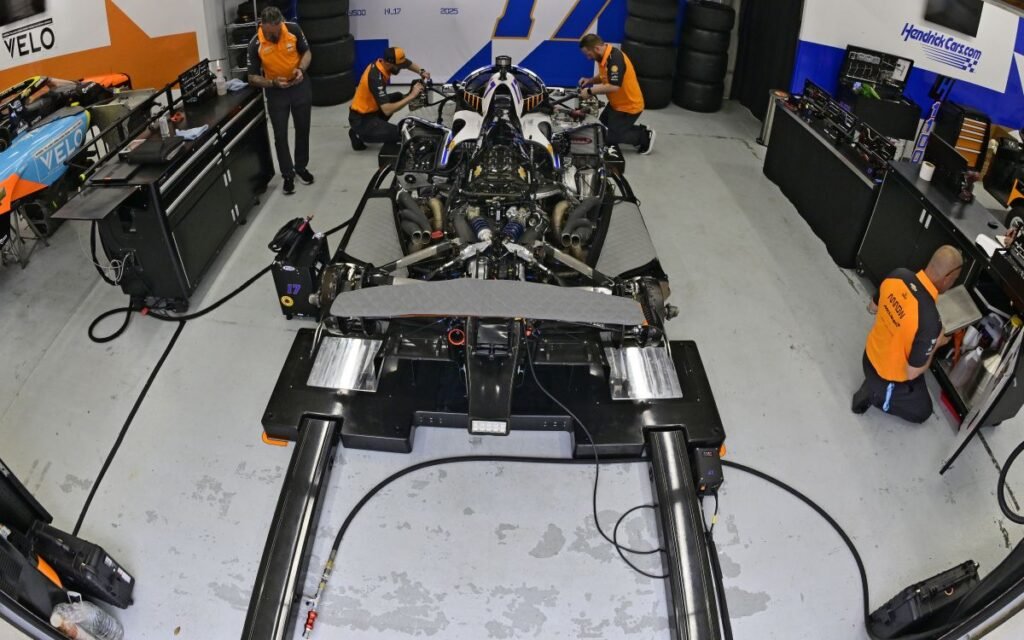Andretti Global Faces Penalty After Indianapolis 500 Infractions
In a pivotal moment for the IndyCar Series, Andretti Global has been penalized following an investigation into illegal modifications made to the energy management system (EMS) covers on their No. 27 and No. 28 Hondas. The modifications were deemed to enhance aerodynamic efficiency, violating Rule 14.12.1.1, which mandates that all EMS components be used as supplied by Dallara and approved by INDYCAR.
Following the Indianapolis 500, where Marcus Ericsson and Kyle Kirkwood finished second and sixth, respectively, both drivers saw their results nullified as the team faced substantial penalties. The Aldy team was fined, and personnel were suspended in association with irregularities discovered during post-race inspections.
Details of the Investigation
The situation unfolded over five days, with multiple requests for clarification made to both the IndyCar Series and Andretti Global. Andretti declined to comment on the specifics of the modifications. The series stated that covering and mounting points on the EMS were altered and utilized illegal spacers, but specifics were lacking regarding the nature of these alterations.
IndyCar President Doug Boles confirmed the EMS covers were manufactured by Dallara but did not align with the "as supplied" rule. He emphasized that the inspection process was thorough, focusing on whether parts had been modified.
“Let me just walk through the process. [Technical Inspection] pulled in the top 12 and took off the right-side EMS covers,” Boles explained, highlighting that this procedure was aimed at confirming compliance with established regulations.
The inquiry into whether similar modifications existed on other Andretti cars was met with a firm "no," as only the top twelve cars underwent post-race technical checks.
Implications and Future Considerations
Addressing the newfound penalties, Boles noted the integrity of the competition is paramount. He articulated a cautious approach to future inspections, considering the parameters of more stringent regulations if recurrent violations occur within a single team.
“Is a financial penalty right? There’s people that might care less about the money,” Boles remarked, suggesting that personnel suspensions serve as a necessary reminder of accountability within teams.
Moreover, Boles indicated that the possibility of offering more transparency regarding rule violations is under consideration. Currently, penalty notices are distributed to teams, but he hinted at the potential for future communication to include photographic evidence to mitigate speculation.
The fallout from this incident underscores the ongoing scrutiny teams face in a highly competitive environment, particularly during marquee events like the Indianapolis 500. As the season progresses, adherence to the "as supplied" rule remains crucial for all competitors.


